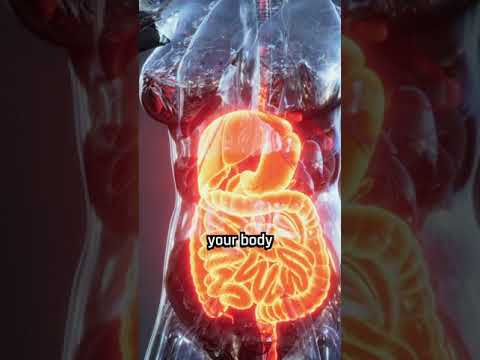Fasting, the practice of abstaining from food for a specific period of time, has been found to promote body repair and rejuvenation at the cellular level. When we fast, several physiological changes occur within the body that facilitate repair processes and optimize overall health.
One of the key mechanisms through which fasting promotes body repair is autophagy. Autophagy is a natural cellular process where damaged or dysfunctional components within cells are broken down and recycled. During fasting, the body enters a state of energy deprivation, leading to an upregulation of autophagy. This allows the cells to remove and recycle damaged proteins, organelles, and other cellular waste, thus promoting cellular rejuvenation and improving overall cellular function.
Moreover, fasting has been shown to increase the production of human growth hormone (HGH), a hormone that plays a vital role in tissue repair, growth, and metabolism. HGH stimulates protein synthesis, enhances fat utilization for energy, and promotes the regeneration of various tissues, including muscles and bones. By increasing HGH levels, fasting supports tissue repair and regeneration throughout the body.
Additionally, fasting triggers metabolic adaptations that enhance the body’s ability to utilize stored fat for energy. During fasting, insulin levels decrease, prompting the body to shift from using glucose (sugar) as its primary fuel source to utilizing stored fat as an energy source. This metabolic switch, known as ketosis, not only aids in weight loss but also has beneficial effects on cellular function and repair.
Fasting has also been shown to reduce inflammation in the body. Chronic inflammation is associated with numerous health conditions, including cardiovascular disease, diabetes, and neurodegenerative disorders. By suppressing inflammatory processes, fasting helps to lower overall inflammation levels, promoting healing and repair.
Furthermore, fasting can improve mitochondrial function, the energy-producing powerhouses within our cells. Studies have indicated that fasting can enhance mitochondrial efficiency and increase the number of healthy mitochondria. This improved mitochondrial function supports cellular energy production and overall cellular health.
It is important to note that fasting should be approached with caution and under the guidance of a healthcare professional, particularly for individuals with certain medical conditions or those on specific medications. However, when practiced appropriately, fasting can be a powerful tool to support body repair, cellular rejuvenation, and overall health optimization.
source


